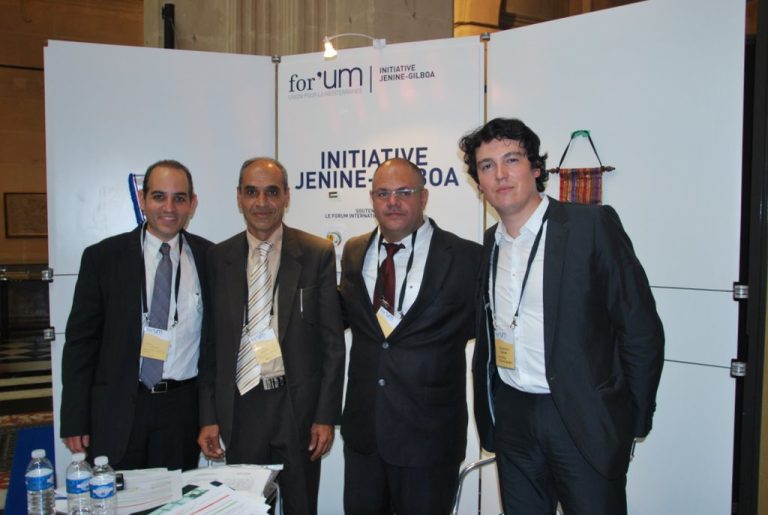The current impasse in the peace process between Israelis and Palestinians has prompted former senior Israeli security officials to publish their own peace initiatives. Among them are former Mossad and Shin Bet chiefs.
The authors claim that the two-page document was formulated in response to the 2002 Arab Peace Initiative. The paper calls for the 1967 lines to be taken as the basis for a two-state solution. In this perspective, the future Palestinian state would extend over a large part of Judea-Samaria, with East Jerusalem as its capital.
The informal document also calls for Israeli withdrawal from the Golan Heights and the creation of regional mechanisms for security and economic cooperation.
Over 40 personalities have already signed: former Shin Bet chiefs Yaakov Peri and Ami Ayalon, former Mossad chief Danny Yatom and former IDF Chief of Staff Amnon Lipkin-Shahak, General Amram Mitzna, former minister Moshe Shahal and Youval Rabin, son of assassinated Prime Minister Yitzhak Rabin. The forty signatories are all affiliated to the Israeli left.
The two-state solution envisaged by this document is reminiscent of the broad lines advocated by Bill Clinton in the 2000s, including recognition of a Palestinian state as a nation-state along the 1967 lines. The plan also includes a land swap – not exceeding 7% of Judea-Samaria.
The plan also states that the eastern part of Jerusalem will be the capital of the future Palestinian state, while keeping the Jewish parts of the city under Israeli sovereignty. The Arab parts of the city will be under Palestinian authority.
The Temple Mount, considered sacred by both Muslims and Jews, will not be governed by either side. However, the Wailing Wall and the Jewish Quarter of the Old City will remain under Israeli control.
As for the question of Palestinian refugees, the plan proposes financial compensation and a return to Palestine “mutually agreed with certain exceptions”, granting some the right to come and live in Israel.
On the Syrian front, the document calls for Israeli withdrawal from the Golan Heights, with minor modifications and land swaps to be negotiated over a five-year period.
The proposed peace initiative was formulated with the help of Israeli experts and was based on the numerous peace attempts of the last ten years. It was sent to Prime Minister Benyamin Netanyahu, who reportedly said he was “looking forward to reading it”.
“We looked at what was happening in neighboring countries and thought it was time for the Israeli public to raise its voice too. We feel that this initiative can mobilize a lot of people,” Danny Yatom told the New York Times.
“We are internationally isolated and seen as against peace. I hope this will make a small contribution to pushing our Prime Minister forward. It’s time for Israel to take the initiatives that will lead to peace”, explained Mr. Perry.


